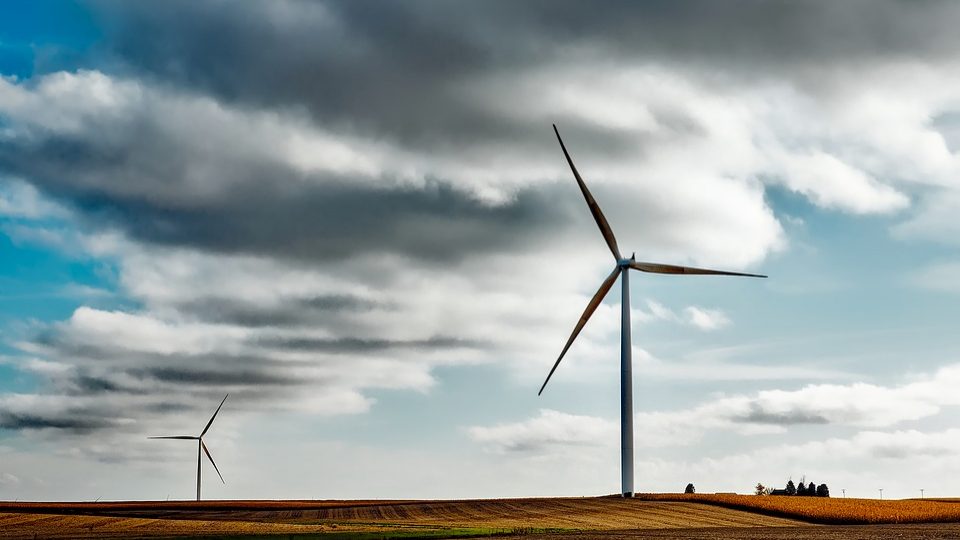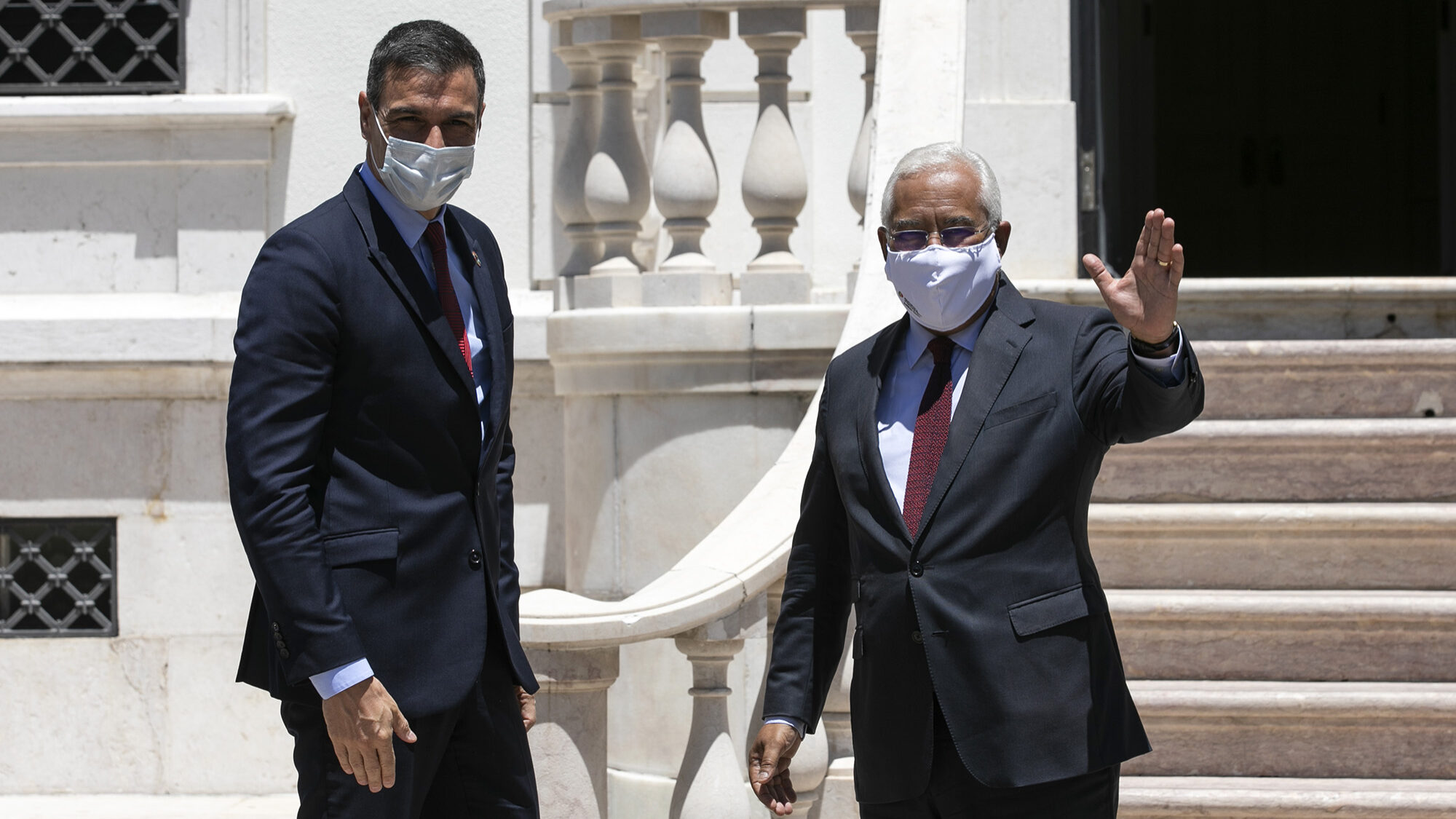Portugal on track to be carbon neutral by 2045
According to the leader of the Portuguese executive, the country is in a position to meet this new target since, firstly, it has managed to close its coal-fired power stations within two years.
Portugal’s prime minister said on Monday it is on track to bring forward the goal of carbon neutrality from 2050 to 2045, advocating progress in public transport, hydrogen and the end of coal-fired power stations.
António Costa said this during the first of his two days at the United Nations Climate Change Conference (COP27), which will be held in Sharm el-Sheikh, Egypt, until November 18.
The prime minister, whose keynote speech before COP27 is scheduled for late Tuesday morning, anticipated that he will not only reaffirm the environmental targets set by the country in 2016 in Marrakech, but is also preparing to “announce the new targets,” for Portugal that resulted from the Climate Law approved in Parliament.
“The goal is not only for us to achieve carbon neutrality in 2050 – we were the first country in the world to set that goal at the Marrakech COP [in 2016] – but also, as provided for in the law, to study and do everything we can to bring that result forward to 2045,” he said.
According to the leader of the Portuguese executive, the country is in a position to meet this new target since, firstly, it has managed to close its coal-fired power stations within two years.
“The fact that we are accelerating the entire energy transition and that we have a sustained policy of investment in urban public transport and railways on a national scale create good conditions for this to happen,” he added, before referring to a third factor in energy transition.
António Costa then pointed out that Portugal “has defined a national strategy for hydrogen that will help industry, until today quite dependent on natural gas.
“Industry will be able to have an alternative energy source. This will be decisive for this transition to be successful and that, in time, we stop being importers of fossil fuels and we can be exporters of green energy,” he said.
Alluding to the recent agreement with Spain and France for the existence of a “green corridor” at the level of energy interconnections in the European Union, the leader of the executive said that, following that political commitment, “a fundamental step” had been taken.
“All the effort we are making is very important for us to succeed and to bring forward as much as possible” the goal of carbon neutrality, he said.
In this context, António Costa then criticised the way in which this goal is being globally met by some countries.
“If some do not bring it forward, taking into account the slowness with which others are advancing, it will be more difficult for us to achieve the goals of the Paris Agreement”, of 2015, he added.
Asked whether the Portuguese government is regretting closing coal-fired power plants, given the current energy crisis aggravated by Russia’s military intervention in Ukraine, the prime minister rejected that prospect.
“What is demonstrated is the more we move towards renewable energy the less dependent we will be on third parties. We will also be less dependent on the volatility of the international markets in relation to gas,” he said.
António Costa even maintained that if electricity prices in Portugal are currently comparatively lower than the European average, “it is because 60% of the energy currently consumed comes from renewables”.
“Therefore, the goal we have of reaching the end of the legislature [2026] with 80% of the energy consumed being based on renewables. The Iberian solution, which avoids excessive contamination of the price of electricity by the price of gas, works well because we have a high rate of energy that is produced based on renewable sources,” he argued.
On the contrary, in the prime minister’s view, countries that have a very low rate of renewable energy production, the solution in place for Spain and Portugal is not applied to them “because they cannot benefit from it”.
“It is the renewable energies that are bearing the additional cost of gas and sharing that benefit with consumers,” he advocated.


